Posted on May 7, 2020 | Link to original
Dear Friend and Reader:
In early 2006, when I was living in Brussels, I attended my first event at the European Commission headquarters as a newly credentialed reporter. It was a symposium on a possible flu pandemic, potentially coming soon, that had press attention at the time. A bunch of public health experts were on the panel.
Held in a sleek, gleaming room fit for the set of Star Trek, encircled by translation booths, the press corps dutifully listened to the extremely boring 90-minute presentation. Reporters are trained to listen to a long meeting and come up with the lead — that is, some statement or development they can use to begin the article. I was glad nobody was paying me to be there.
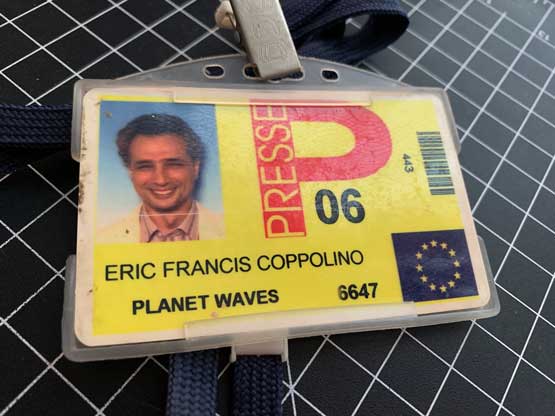
I would have written, “BRUSSELS — World experts at an influenza symposium held today at European Commission headquarters say doctors can do no more for patients than was done during the 1918 influenza pandemic, which means absolutely nothing.”
There were no preventions, no vaccine, and no cures, and little that could be done for a sick person except for perfunctory care. If a pandemic broke out, we would just have to deal with it, because there was (theoretically) nothing else to do.
The only medical care that could be offered was “looking after the patient,” which often includes an analgesic to bring down fever. Then, as now, this is deadly. Millions of patients were prescribed 25 aspirin tablets a day during the 1918+ event, and died of hemorrhage.
Toward the end of the question and answer session, I raised my hand, and announced that I would be asking the tinfoil hat question of the day. Laughter rippled through the audience. I went on. “What about homeopathy? This got results during the 1918 pandemic.” Nobody laughed this time; there was quiet in the room. The panelists did not comment. In Europe, many people depend on homeopathic remedies and they expect the doctor to prescribe them.
We Are in the Same Place Today as in 1918
Today, if you follow official advice, there is not much else you can do. Word from the experts on high is the same as in 1918: wash your hands, wear a mask, and socially distance (back then, that meant avoid crowds, which seems to have worked somewhat).
That is it. Medical science, despite all the trillions spent on drugs, advertising, insurance, research, advertising, development, lawsuits, testing, advertising, equipment and facilities, is no more advanced at handling this kind of problem than it was a century ago. That’s special.
Today, most people who “have Covid19” don’t actually get sick (well into the 90th percentile and many who allegedly have it don’t). If someone gets sick and ends up in the hospital, they get an IV in their arm, and a cold, fluorescent lit, busy, contaminated place to lay their head.
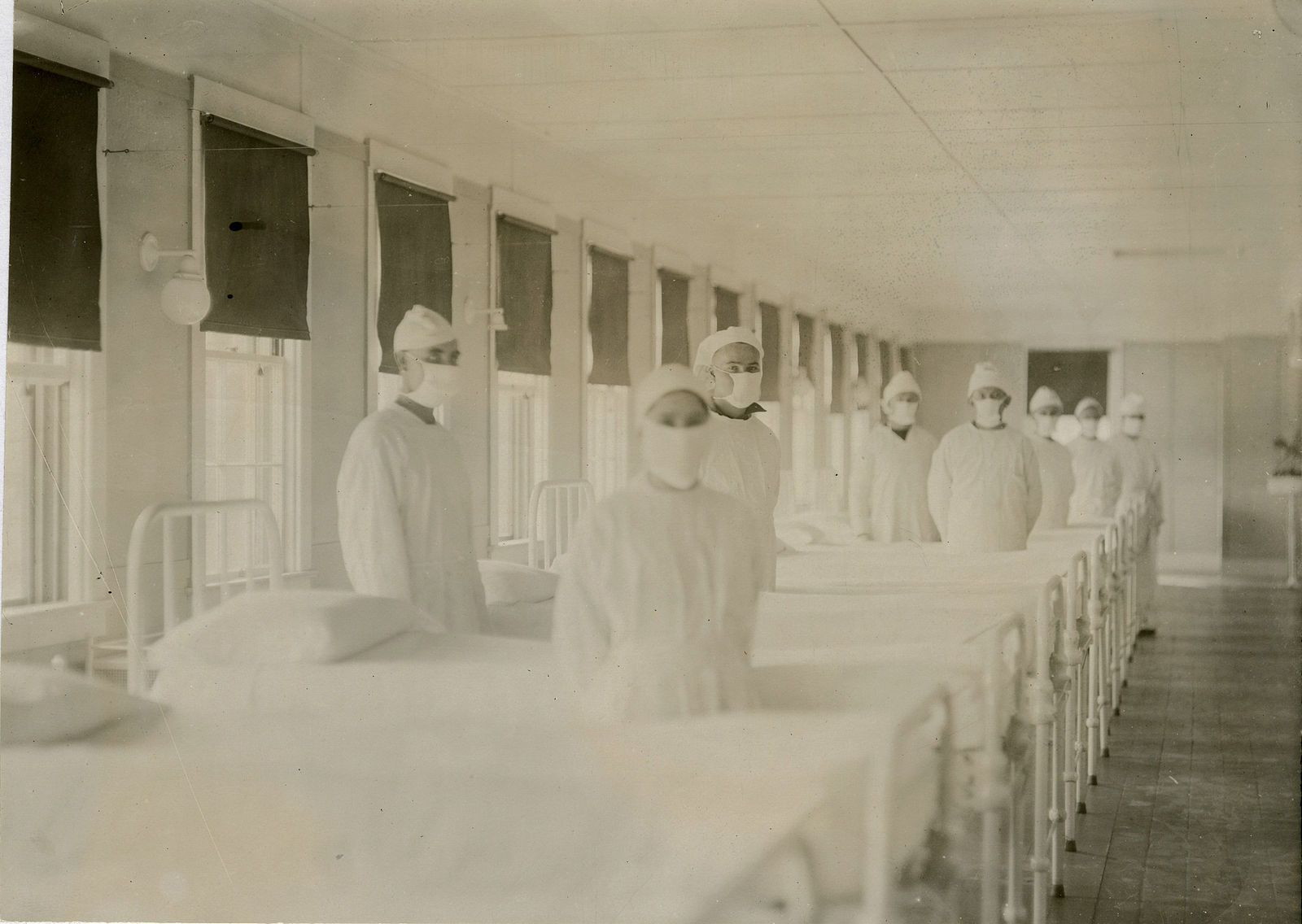
If they’re having trouble breathing, maybe they get a ventilator. Eighty-five percent of those people die, and this approach is being widely critiqued as doing more harm than good.
Covid19 is not “Spanish Flu.” It’s not nearly as virulent or pathogenic or deadly. We’re just acting like it is.
Sure, to every dead person it’s just as deadly — but we have a very good idea who most of them will be. We also know that every Covid-declared patient gets the hospital a $13,000 payout from the federal government, and every vented patient gets a $39,000 payout.
Yes, it’s true that there are many concentrated cases in places where there’s a concentrated population in a toxic area, like Wuhan or New York City. This syndrome is particularly deadly in nursing homes, where the patients tend to be old, sick, poorly fed, immune compromised and on many different immune suppressing drugs. These represent the majority of deaths claimed to be caused by the supposedly novel coronavirus. This is occurring in a place where people go to die.
Meanwhile, the rest of us are supposed to sit in our houses and apartments (or the homeless shelter) for 18 months and wait for a vaccine to come along. If you go out, “social distance” and wear a “mask.”
People who say they can help are often quickly shot down as quacks and frauds — mainly by people who know very little and have nothing else that they can do for themselves. Most of what they would call quackery I call basic self-care.
While I am rarely one to encourage my readers to become felons, self-care would include getting outside and breathing fresh air, visiting a tree or two, and getting near water. Your eyes, your skin and your soul need sunlight. You might also find a good reason to visit a friend, such as to drop off an urgently necessary salad you made for them.
The Mask Debate — and Social Distancing Tape
We all know that the purpose of wearing a mask is to theoretically protect other people in case you’re infected. For that, many people think they deserve the 2020 Omaha Virtuous Citizen Citation. They are allegedly being considerate of others. What passes for a mask is not an N95. It’s an old bandanna their boyfriend gave them in 1990, since washed and dried 168 times. Or a converted antique bra cup. Anything will do.
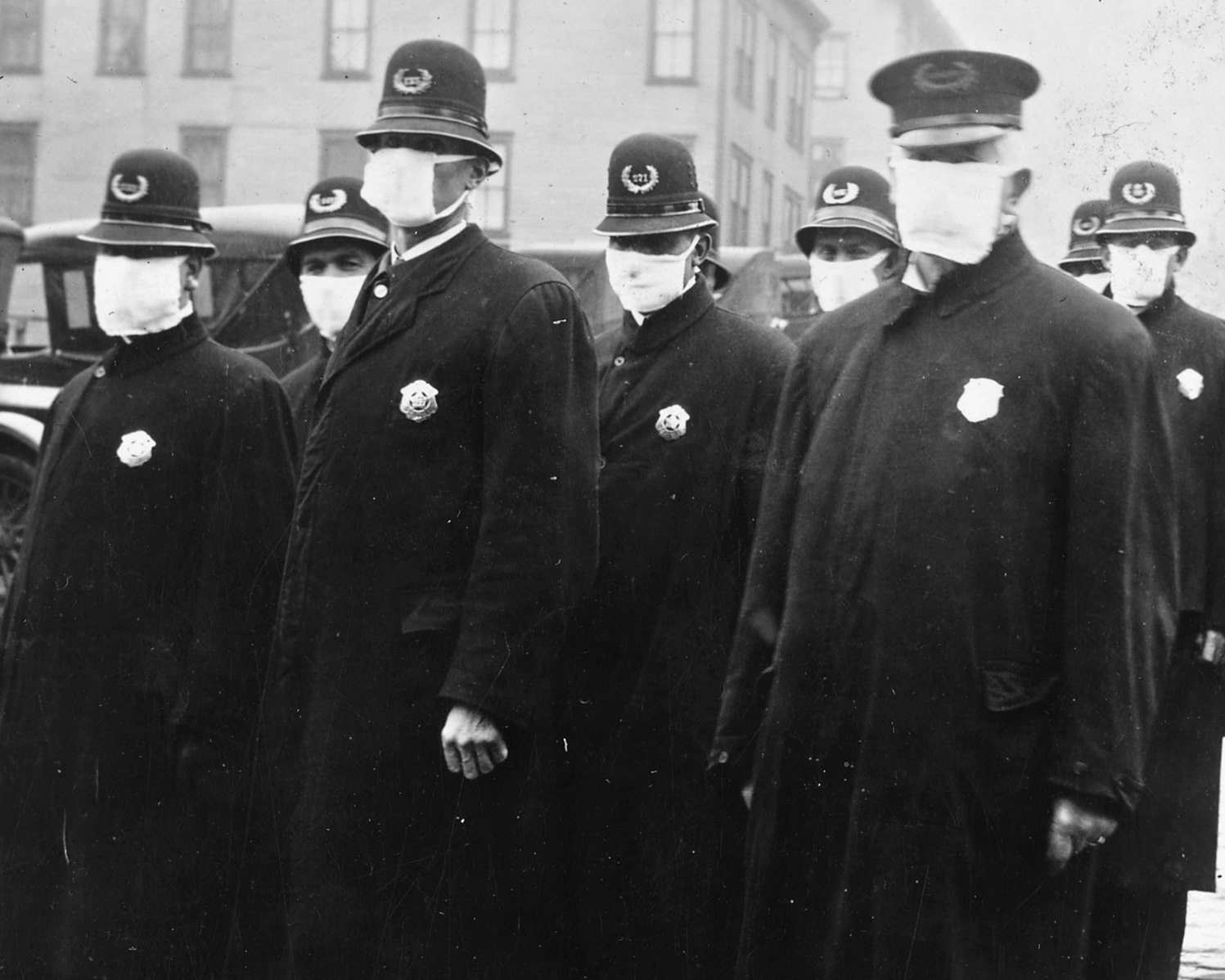
Here is where I stand on that, personally, in case you were wondering.
If I believe or meekly suspect that someone in my proximity may be infected with a potentially deadly respiratory infection, and that they may be actively shedding virus, I’m not even vaguely encouraged by their stupid bandanna. Don’t do me any favors. I will take care of myself. If you’re sick, please stay home. And let’s stop calling it a mask. That is a lie. End of opinion.
There are virtue signalers who will immediately inform me that by writing that paragraph, I will cause the next eruption in the Bronx, where of course I have lots of readers who treat my column like a game of Simon Says.
The reason for the raging debate over antique bandannas is because there is nothing else the government can tell us to do to help ourselves — except to sit in the dark with the windows closed, since the stuff is very clever and could blow in. Any advice based on nutrition or natural supplements has long since been banned by the FDA.
When you’re out, make sure you stay six feet apart from other people, act a little smug, and bravely back off as they walk by.
Let’s consider how ridiculous this is. Not for long. Just for a sec.
All local big box drug stores are now equipped these little stalls with specially approved social-distancing tape on the floor that you’re supposed to stand within, for the safety and civic honor of all. This is to protect us from catching it from a sick person, or prevent you from spreading your potential cooties. There are lots of sick people in drug stores. That is why they exist. The only sick people who go into them should be the healthy ones.
Meeting the Human Red Bag
Now for instance, let’s say the guy in the stall ahead of you is actively shedding virus. I mean spewing it like one of those July 4 sparkler cones, illuminating the world with invisible coronas, just like you heard was possible on CNN. And let’s say that whoever is being waited on at the counter has a complicated situation, such as her insurance won’t process.
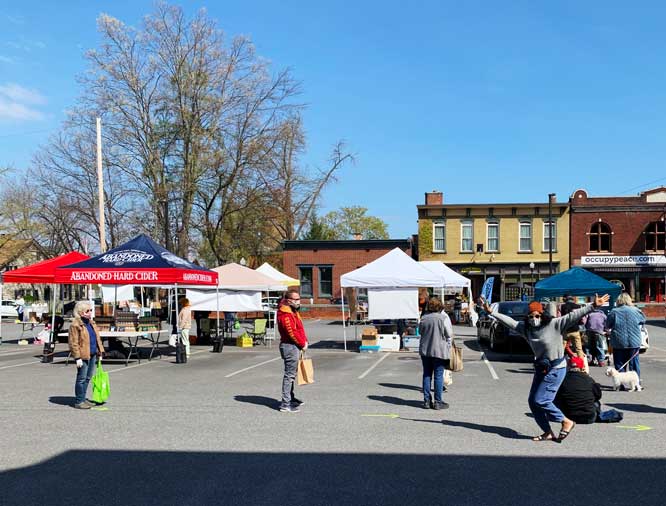
During the delay, Mr. Coronabro is standing in his stall next to you for 11 and a half minutes, during which time he breathes approximately 20 times per minute (he’s a mouth breather). Therefore, he exhales 210 or so times, give or take a few, occasionally coughing and snorting, standing safely in his little imaginary stall and/or with his feet planted on the official sticker, wearing a bandanna he originally bought for Halloween 2001 as part of a cops and robbers ensemble.
On average, someone exhales about half a liter of air per breath, so that means Mr. Coronabro has expelled approximately 110 liters (about 27 U.S. gallons) of biohazard-contaminated air in just over 11 minutes, fresh from his festering lungs, which is now all suspended in midair, right there in his little stall. All those little nanoparticles, just waiting to be captured and put into a polymerase chain reaction machine.
Then his turn comes. He walks up to the register, and, following social distancing protocols impeccably, and feeling like you’re really doing something to prevent all of this, you step right into his plume. And then you get your turn to breathe 46 or 89 or 165 times, your head immersed in his supposedly pathogenic invisible fog (which, unlike Pigpen’s, does not follow him). You’re dutifully wearing your modified medical bra cup mask from three sizes ago, which still smells like fabric softener and a hint of furniture polish from your dresser. But that’s OK, as long as you feel good about protecting everyone else.
You might think, I’m glad that guy coughing is wearing his bandanna, which may not help much, but every little bit counts! How about try this on: were there a contagion going around that was so virulent and so deadly it required us to wear respiratory protection and not come near one another even outside, we would all already be sick or dead.
Or worse. The new study from South Korea says it can kill you three times.
So What Does Protect You?
Fortunately, there are very few people actively shedding virus, and for most people who are exposed, it’s not that harmful. A kind of luck is the first thing protecting you, if you attend to basic hygiene and stay away from people you know are sick. That is, unless of course you’re taking care of someone you love, which does not necessarily mean you’ll get sick, particularly if you attend to basic hygiene. People take care of infectious people all the time and are just fine. Amazing, innit.
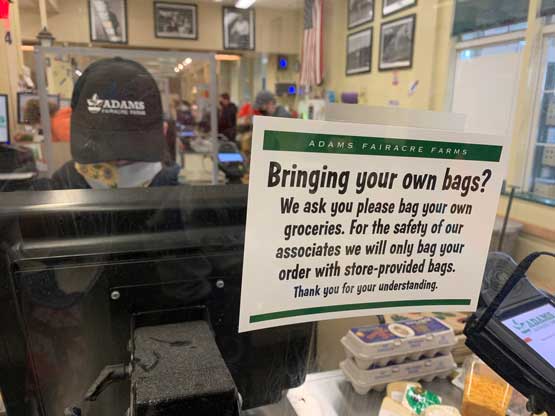
What protects you is you: your immune system.
You’ve heard of this thing. It exists. It is not a disease. It’s your friend.
Your immune system is this marvelous aspect of your body and mind that interacts with the biosphere, including the human environment. It includes a wide diversity of bacteria, viruses and other microbes that inhabit you all the time, and which in reality you are made of. It also includes your kidney and liver function, your hormonal balance, your nutritional situation, and significantly, your state of mind. Fear and depression are very bad for the immune system. Such emotions can make dormant viruses (such as herpes, and others) spring into action. How you feel matters.
You can take better or worse care of your immune system: a lot better, or a lot worse. People who live toxic lives are consuming their immune resources rapidly. That means stuff like using household chemicals (Raid, Roundup, solvents and lawn fertilizer come to mind).
Many drugs are immune suppressing. These include blood pressure or cholesterol drugs, or Tylenol. Many are intentionally so — various “biologics,” intentional immune suppressants, and anti-inflammatory drugs that are used to “treat” the inflammation caused by a toxic way of life.
(That is why the end of the typical drug commercial warns the potential customer to tell the doctor where they’ve been traveling in case there are odd pathogens there, and warns the potential customer they might get cancer from a drug used to treat a skin rash. In a way similar to using Tylenol to “treat” fever, this highlights the serious dangers of what is called suppression.)
Foods and Chemicals that Deplete
Many so-called foods deplete rather than nourish the body. For example, nearly all restaurant food, as well as packaged and premade food. Much of it contains chemical preservatives, chemically cooked up odors of delicious, slightly burnt cheese, dyes, stabilizers, hormones, oxidized oils, insecticides and numerous chemical and/or nuclear residues. Many people guzzle soda that is laced with Roundup, or alternately, with aspartame (both Monsanto originals).
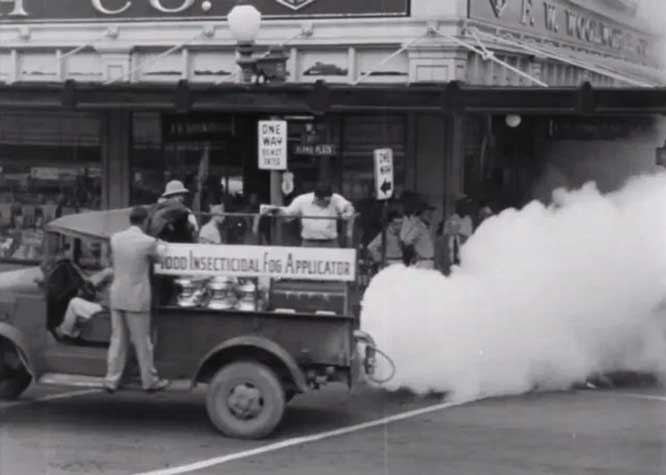
It helps to eat organic. Not everyone can afford to. It helps to get every cleaning chemical out of your home, especially so-called disinfectants. Anyone can afford to. Clean with water, soap, baking soda and vinegar.
Store your food in glass, not plastic. Nobody needs scented laundry detergent. The perfume is just one more chemical in the stew. Every little bit counts! You can slowly make 100 adjustments, one at a time, and thereby cut out many of the immune depleting chemicals and additives from your home and fridge.
This includes going through the bathroom and eliminating nearly every product you currently have. Most of it is low-quality toxic garbage.
Start over with a very few basic things: wholesome soap (I am an avid Bronner’s fan), shaving soap (as in the kind with a mug and brush), some very basic shampoo, and lotion that is not based in petroleum. You will need to educate yourself. It will be an exciting experience. Then soon you will want to write an article like this one.
The Sum Total
Your immune system is the sum total of all that you put into your physical and emotional bodies. You are what you eat, inhale and absorb transdermally, and what you feel. Notably, many of the worst substances do not leave your body once they go in; they collect, or bioaccumulate.
There are lots of good foods you can nourish yourself with, but none are sold at a drive-thru or the gas station or Starbucks or even most supermarkets. Most are very old preparations. They are not “health food.”
Rather, they are things like fresh, small batch (“artisanal,” sorry) sauerkraut, kimchee, and miso. Unfiltered apple cider is great stuff, as are organic oils, eggs and dairy products. As much as you can get that’s grown or made close to your home is preferable. Farmer’s markets are a good place to start; in our contemporary times, I believe that they are the single best place to shop for food. You can get actual vegetables and fruits there, most of it minimally sprayed.
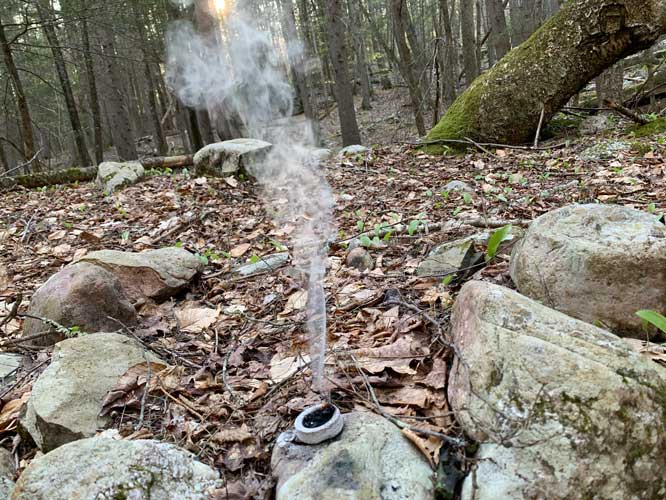
You want to have this discussion with any farmer you’re doing business with. Just ask outright: what is your spray policy? It does not matter that they’re not necessarily “certified organic.” Listen to the answer, ask for names of compounds, check with other farmers, and make up your mind whether you approve.
My opinion on certified organic is: in general, that it’s probably better, if given a choice. There are weird details, though, that you may not have access to. Dr. David Carpenter, the world’s foremost authority on PCBs in salmon, told me that farmed, organic salmon has the highest levels of those old, eternal pollutants called polychlorinated biphenyls. I’m not sure that’s ever been written on the internet before. It came up in a conversation between two PCB experts.
As for supplements: my personal policy is the minimal necessary ones. Not all the stuff that’s supposedly going to make you live forever. Only what is minimal and necessary.
One other thing. Figure out what foods you’re allergic to or that irritate you, adjust and stick to the program. As Samuel Hahnemann wrote, if it aggravates, remove it. Aggravating includes immune disruption (bloating, diarrhea, etc.), and that is precisely what you don’t want.
If you have any doubts that food is the best medicine, consider how James Lind in 1747 discovered how to “cure” a previously deadly disease that was for centuries killing droves of sailors (and others): eat oranges and lemons. Scurvy was not cured by a drug but rather with citrus fruit.
Are There Guarantees?
Someone might say, “You cannot prove that I won’t get Covid-19 if I take better care of myself.”
That’s correct. You’ve got me there. I also cannot prove that the Earth won’t be hit by an asteroid in 15 minutes. However, if you take care of yourself, you’ll be a lot better off. This much has been proven over and over. That however is not how our society is structured. We’re supposed to hide inside until the vaccine comes and saves us, or you might say till the arsonist puts out the fire.
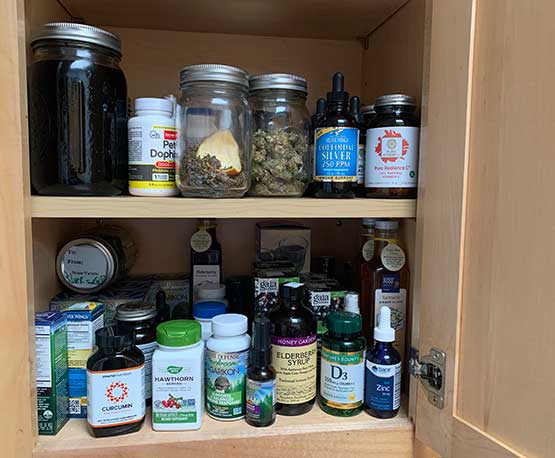
I do not need a double-blind study to “prove” that something works for me. I need to know, first, that it will not harm me, and then I educate myself and experiment. I compare notes for years with my fellow practitioners, and friends who are involved in the work.
For those seeking FDA approval or double-blind studies proving that herbal preparations or supplements are effective, remember that the medical establishment and the FDA have been at war with herbalism, chiropractic, homeopathy, energy medicine and the Wise Woman tradition for a century. That is why you don’t have clinical data on most preparations. This is about business competition. (Here is some news, though — a study associating Covid deaths with vitamin D deficiency; and people are staying inside, where they will tend to become deficient.)
It is possible to gradually learn how to take care of yourself, and these days, that’s about the best you’re going to get. And it’s pretty good, because it will serve you many different ways — in every way, as a fundamental life skill, and survival skill.
In the credit card industry, they have a funny definition for “deadbeat”: people who pay their balance off every month. They can’t make any money on those people. For the pharmaceutical companies, deadbeats are the people who are educated and who take care of themselves, and therefore who don’t need their products.
For the moment, you get to decide what side of that line you’re going to be on.
With love,

PS — Gov. Cuomo said today he thinks it’s “shocking” that people who are staying inside are now being admitted to the hospital with Covid. Hmm, maybe this has something to do with vitamin D deficiency and immune suppression caused by staying in.
CNBC writes, “It shows that 66% of new admissions were from people who had largely been sheltering at home. The next highest source of admissions was from nursing homes, 18%.” Now for the question — what do they have in common? Add to that assisted living facilities and we now know that 88% of new hospital admissions in New York City are people who were staying inside.
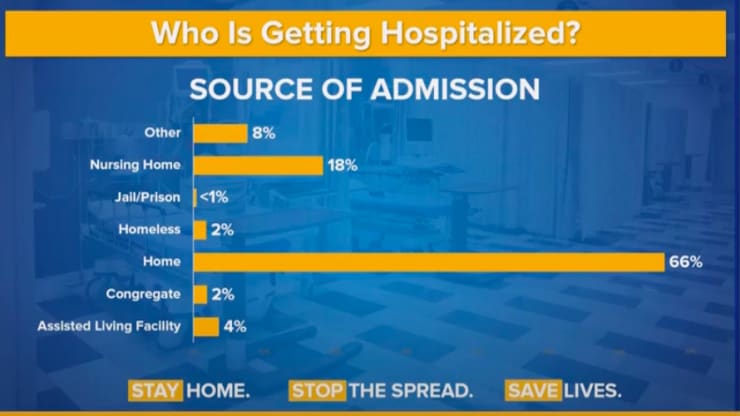



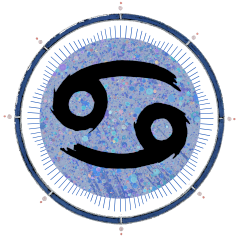
1 thought on “Why you need to know how to take care of yourself”